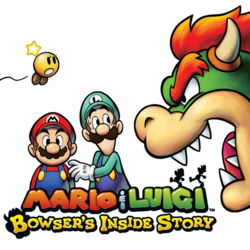Savings and Credit Co-operatives, or SACCOs, are simply credit unions/caisses populaires by another name. In addition to all the other benefits of membership in a co-operative, SACCOs in developing countries are also helping to bring financial services to individuals and groups who aren't served by traditional banks (here's an example from India, and another from Malawi). You may have heard of microfinance, another means by which poorer segments of the population are able to access loans and other financial services. This short video from Kiva goes over the basics, most of which are also relevant to SACCOs:
In Malawi, there are 45 SACCOs affiliated with the Malawi Union of Savings and Credit Co-operatives (MUSCCO), for whom I work. Many of these SACCOs began life as study groups, savings clubs, or similar organizations whose members started saving money together and loaning each other funds. Many remain small to this day, serving a small or restricted clientele (like employees of one particular company), while the biggest, Fincoop, has six branches and membership in the tens of thousands.
Here is a whirlwind tour of some Malawian SACCOs I've had the chance to visit, and their diverse membership:





